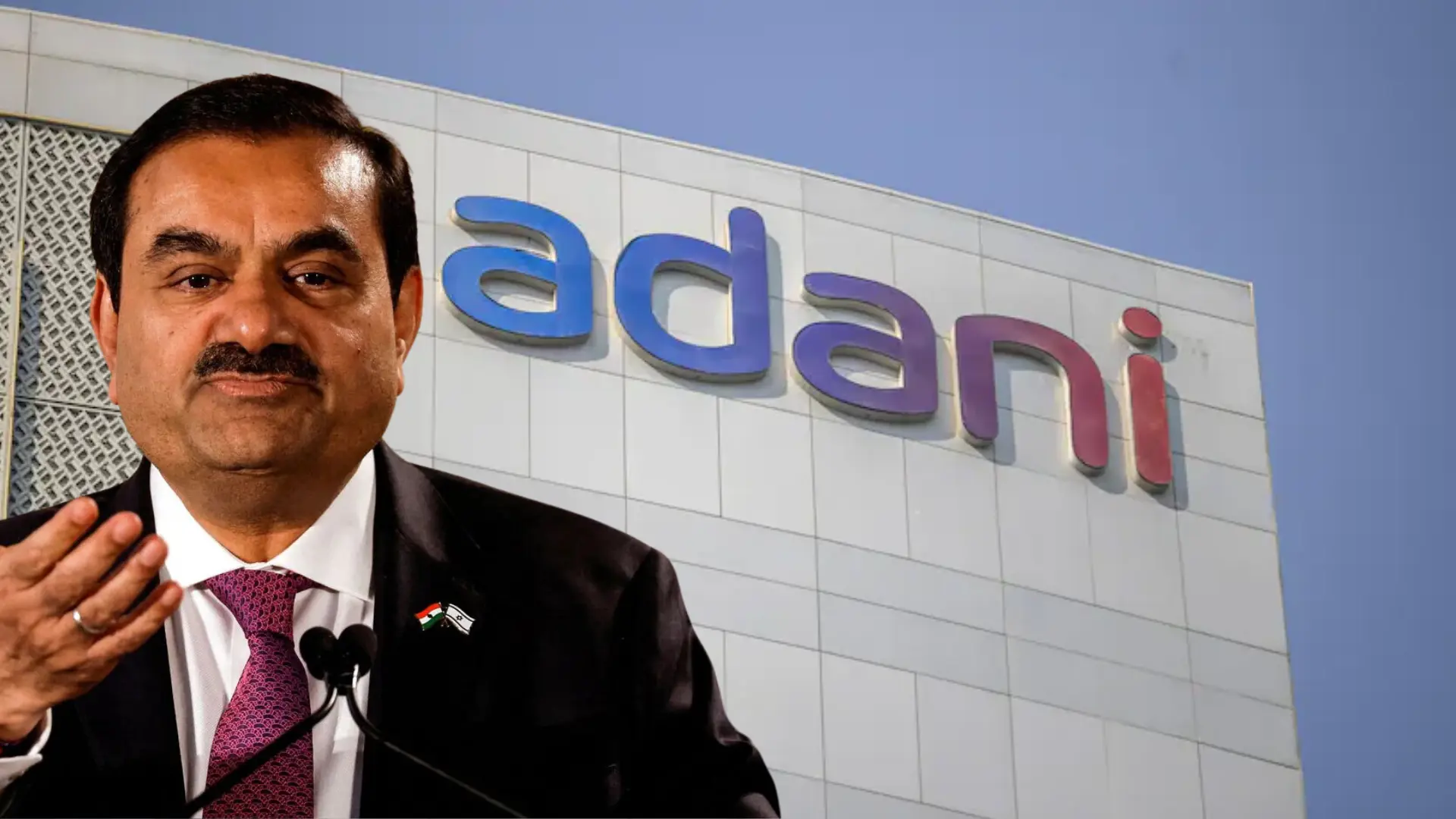Minister of State for Electronics and IT, Rajeev Chandrasekhar, clarified that the recent advisory from the IT Ministry regarding generative artificial intelligence (AI) systems applies only to big technology companies and not to startups. He emphasized that seeking permission from the government and other conditions are aimed at significant platforms, providing them with an “insurance policy” against potential legal liabilities.
Chandrasekhar highlighted that while the advisory aims to regulate the deployment of untested AI platforms on the Indian internet, it specifically targets larger companies and exempts startups. Although the initial advisory did not explicitly mention this exemption, it aligns with the government’s efforts to mitigate the impact of potentially harmful content during the upcoming Lok Sabha elections.
The exemption for startups raises questions, considering that their AI systems are also susceptible to generating inaccurate information. However, the focus remains on larger platforms due to their broader reach and potential influence on public discourse.
The advisory instructs platforms offering under-testing or unreliable AI systems to seek explicit permission from the government before deployment. It also mandates labeling to disclose the potential fallibility of the generated output and requires traceability features to identify the source of misinformation or deepfakes.
Recent incidents, such as Google’s AI platform generating controversial responses regarding Prime Minister Narendra Modi, have underscored the need for tighter regulation in this space. Outputs from AI platforms are influenced by various factors, including training data and algorithmic filters, leading to occasional errors or hallucinations.
To address these concerns, the advisory emphasizes embedding identifiable markers in generated content to trace its origin and hold individuals accountable for misinformation or deepfakes facilitated by AI technology. Overall, the government aims to ensure the integrity of the electoral process and combat the spread of harmful content online.

















